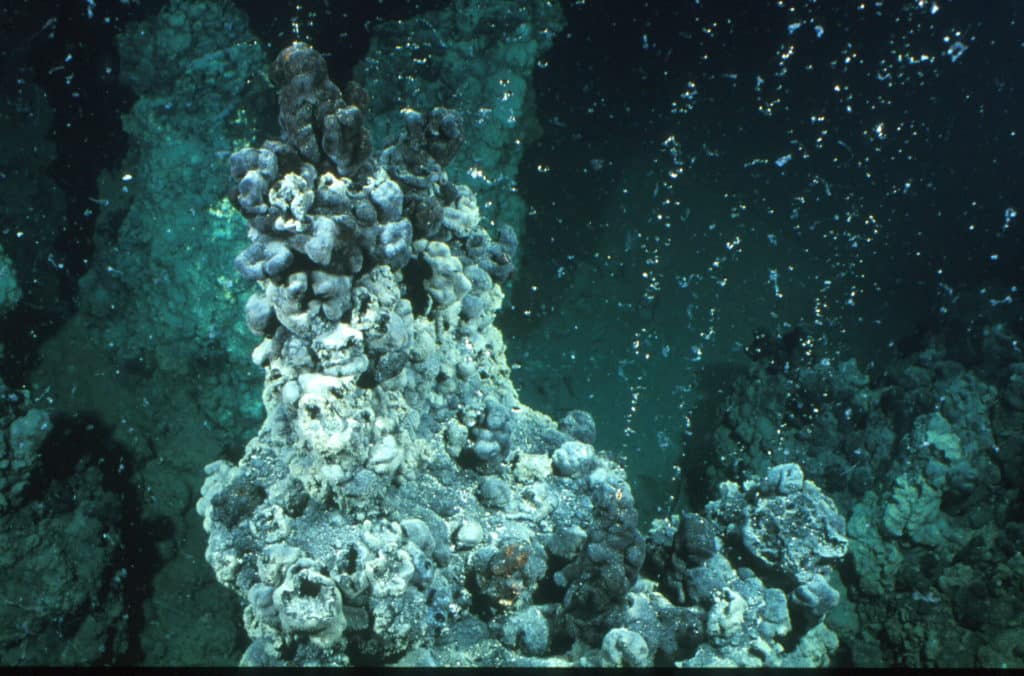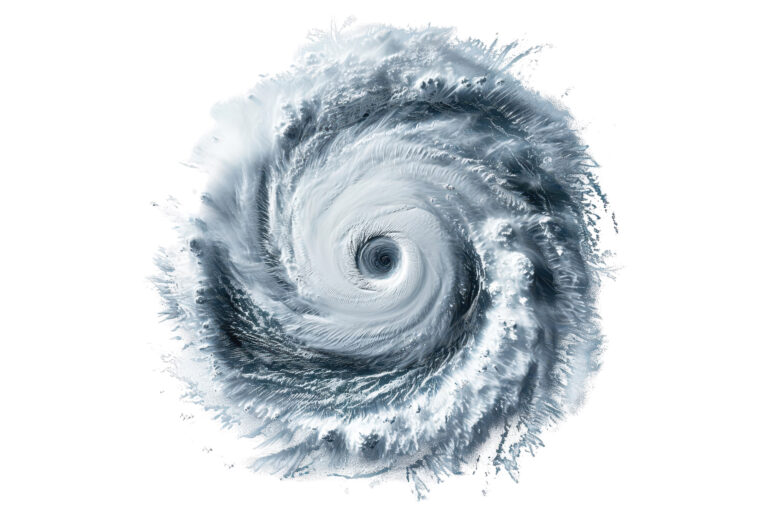
Methane seep
Scientists have discovered 570 vents, called “seeps,” leaking methane gas from the ocean floor off the U.S. East Coast — a region previously believed to have only three.
The study published in Nature Geoscience suggests as much as 90 tons of the greenhouse gas is rising from the seeps each year. Methane is a particularly problematic gas for global warming, with its effect being 20 times greater than carbon dioxide.
The seeps are at depths from 800 to 2,000 feet from Cape Hatteras, North Carolina, to Georges Bank near Nantucket, Massachusetts. Clusters off the Chesapeake Bay are concentrated in a way that suggests they have been seeping for at least a thousand years.
Typically, seeps occur in places with high levels of tectonic activity or oil- and gas-rich basins, like the West Coast and the Gulf of Mexico.
Read the full story as reported by The Washington Post.









